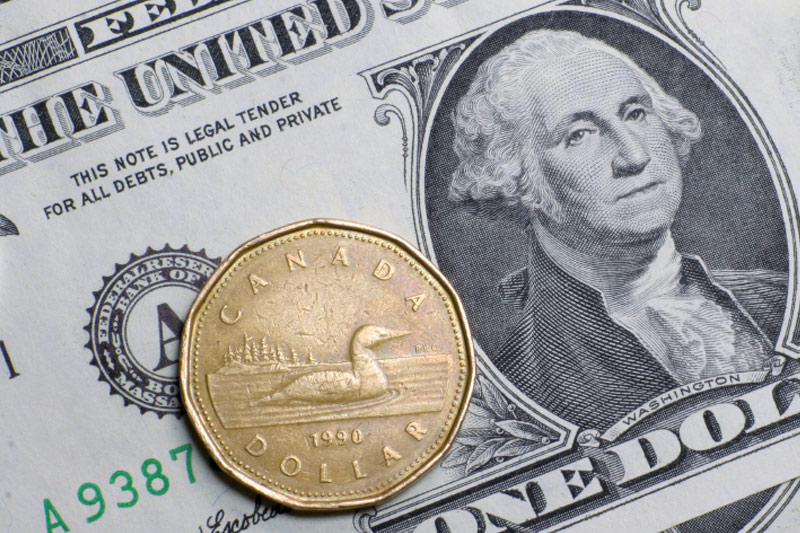Investing.com - The U.S. dollar rose to three-week highs against its Canadian counterpart on Friday, despite the release of upbeat economic growth data from Canada, as demand for the greenback remained broadly supported.
USD/CAD hit 1.1408 during European afternoon trade, the pair's highest since November 7; the pair subsequently consolidated at 1.1420, climbing 0.76%.
The pair was likely to find support at 1.1296, the low of November 13 and resistance at 1.1448, the high of November 7.
In a report, Statistics Canada said the country's gross domestic product rose 0.4% in September, in line with expectations, after a 0.1% contraction the previous month.
Year-on-year, Canada's economy grew 2.8% in the third quarter, beating expectations for a 2.1% expansion, after an upwardly revised growth rate of 3.6% in the three months to June.
The loonie was lower against the euro, with EUR/CAD advancing 0.69% to 1.4223.
In the euro zone, official data earlier showed that consumer price inflation ticked down to an annualized rate of 0.3% this month from 0.4% in October, in line with expectations.
Core consumer price inflation, which excludes food, energy, alcohol and tobacco, remained unchanged at an annualized 0.7% in November, in line with market estimates.
The rate has now been below 1% for 13 straight months, well under the ECB's target of near but just under 2%.
The data was seen as increasing the likelihood that the ECB will implement additional stimulus measures in an attempt to spur growth and inflation in the euro area.
A separate report showed that the euro zone's unemployment rate remained unchanged at 11.5% last month, in line with expectations.
Earlier Friday, official data showed that German retail sales rose 1.9% in October, beating expectations for a 1.7% gain. The change in retail sales in September was revised to a 2.8% decline from a previously estimated 3.2% drop.
Meanwhile, in France, data showed that consumer spending fell 0.9% in October, compared to expectations for a 0.2% rise. September's consumer spending was revised to a 0.5% slip from a previously estimated 0.8% decline.
